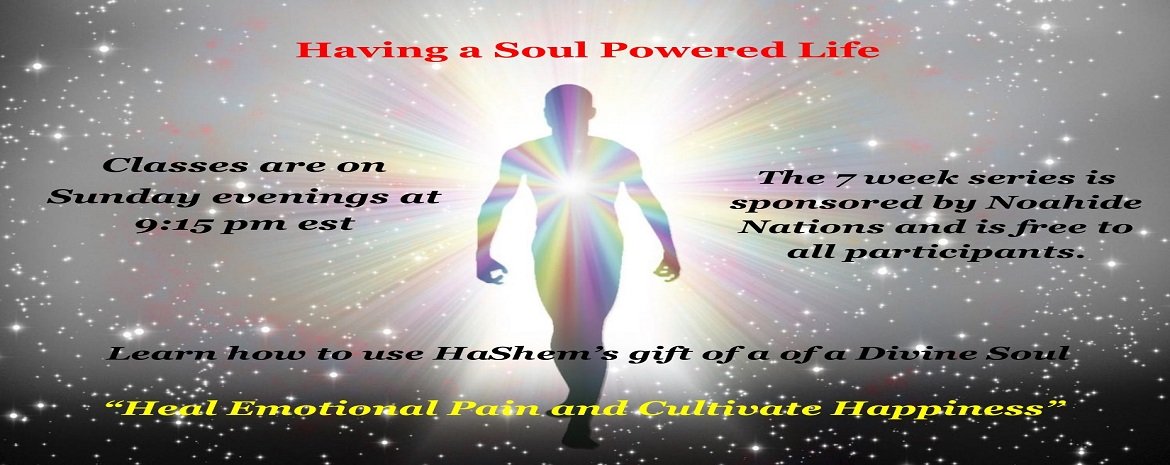THE MISSING LINK
- Category: DID YOU KNOW...
- Hits: 46635
Article Index
Consequently, the first lesson Moses learns from his adoptive mother is "hesed" or true benevolence, even if it means risking your status, and even your life. As he matures, the kindness Moses learned takes root. Thus Moses owes his survival as a human being, and as a leader, to two gentiles. Without these two, there would be no Moses, and no Torah government.
Furthermore, the description of Yitro's action provides an indelible contrast to the closing chapter in last week's portion, Beshalah, in which the Torah records the fanatical war waged against the Israelites by Amalek, a predatory nation which has come to personify unmitigated evil because of its merciless attack against the weakest ranks of a tired people wandering on a journey towards freedom. The Amalekites had nothing to gain except the sadistic satisfaction of annihilating a defenseless people. Jews are therefore commanded to erase all traces of this bloodthirsty tribe, either physical or spiritually (by getting them to adopt the seven Noahide laws of basic morality, in which case they would be no longer be Amalekites, Maimonides, Laws of the Kings 6:1).
But there is another way to see the gentiles. Contrasted with the darkness of Amalek is the light of Yitro. Not only is Yitro not bent on destroying Israel, he is the perfect ally, a gentile who understands the mission of the Jews, who is cognizant of the One God and of His presence in the world through the Jewish people.
"Yitro expressed joy because of all the good that God had done for Israel, rescuing them from Egypt's power. He said, 'Praised be God who rescued you from the power of Egypt and Pharaoh, who liberated the people from Egypt's power. Now I know that God is greater than all deities..." (Exodus 18:9-11).
Yitro's blessings are the basis for Psalm 117, included in the Hallel, where the nations are commanded to praise God along with Israelites. Yitro's blessings foreshadow the truest Kiddush Hashem, when the Divine Name shall be exalted and sanctified in the eyes of the gentiles.
This leads us to a third reason why this week's portion is named after a gentile: to impress upon us and the world the universality of the Torah. Sinai is not only a private encounter between God and His elected nation, but points toward the realm of encounter between God and all existence. Our task as a holy nation and kingdom is no less than to bring the entire world to God. And the gentile who keepsalive the message and greatness of the One God, who demonstrates the possibility of our message reaching the world, is Yitro, who, though he eventually returns to Midian, never stops praising the miracles of the God of Israel.
As far back as Abraham we see the first links between one man's monotheism and the rest of the world. In the very same breath that God elects Abraham, we are told that through him "all the nations of the world will be blessed" (Genesis 12:3). Similarly, Ruth, ancestor of King David from whom the Messianic seed sprouts, was a convert to Judaism, so that carved into the Messianic soul is the vision of reaching out to the world.
The passage which includes, the revelation at Sinai is named after a gentile because it holds out the hope that just as Yitro was moved by God's miracles and His Torah, so too will all the nations be moved. But even more, just as Yitro contributes crucial element to the survival of the Jewish people, so too the nations of the world will contribute to our survival. And just as we must not forget to destroy the Amelekites who press for the destruction of Israel and true morality, so must we be visionary enough to accept and value those gentiles who are ready to appreciate our unique role and even to contribute to us, or to join with us. Indeed, the descendants of Yitro and Pharaoh's daughter have much to teach the descendants of Moses about realizing God's promise: "And you shall be unto Me a kingdom of priests and a holy nation," a light unto the world.


 French (FR)
French (FR)  English (UK)
English (UK) 




